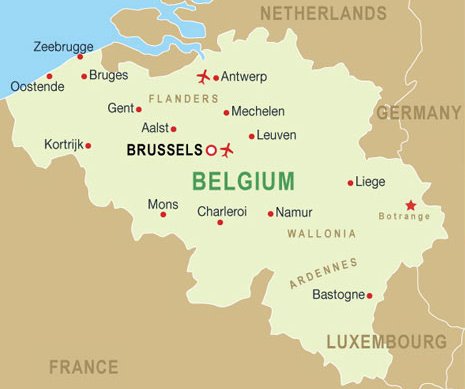EU finance minister discuss European economic recovery plan
 Brussels - The European Union's finance ministers were meeting in Brussels on Tuesday to discuss a 200-billion-euro (252-billion-dollar) recovery plan aimed at lifting their economies out of recession.
Brussels - The European Union's finance ministers were meeting in Brussels on Tuesday to discuss a 200-billion-euro (252-billion-dollar) recovery plan aimed at lifting their economies out of recession.
Divisions remain as to how much is needed and who should foot the bill, with Europe's largest economy - Germany - saying it is already doing its fair share.
While Britain and France both support large fiscal stimulus packages, Poland and the Netherlands have sided with the German camp in arguing that governments should not go on a spending spree.
At a meeting late Monday restricted to the 15 countries that share the euro, Luxembourg Prime Minister Jean-Claude Juncker cautioned observers against paying too much attention to the headline figure, insisting that the "qualitative" aspects of the national rescue plans were more important.
Last week, the European Commission called on governments to mobilize 170 billion euros, or 1.2 per cent of their gross domestic product (GDP), in extra spending and tax cuts. A further 30 billion euros in investments are to come from the EU budget and from the Luxembourg-based European Investment Bank (EIB).
Juncker said eurozone ministers had agreed on the fact that the commission's proposals went "in the right direction", but insisted that the total of national contributions would not be known until heads of state and government meet to approve the plan at a summit scheduled for December 11-12.
German Finance Minister Peer Steinbrueck said Monday that Germany was doing its share by putting 31 billion euros - or 1.25 per cent of Germany's GDP - in the hands of consumers.
But others like Italy, which sits on Europe's biggest public debt, has so far announced measures totalling just 6 billion euros, or 0.30 per cent of its GDP.
The commission has also asked governments to coordinate their national rescue plans and has given them a free hand in cutting the standard rate of value-added tax
(VAT) on products and services for a limited period as a means of boosting consumption.
However, the finance ministers of the 15 countries that share the common European currency on Monday said they would not be reducing their VAT rates, arguing that they were not sure it would work.
Juncker, who doubles up as his country's finance minister, said his colleagues had agreed that any non-lasting reduction in VAT would "not guarantee a proper impact on consumption."
At their meeting on Tuesday, the EU's finance ministers were also set to discuss their response to the global financial crisis - including how much capital banks and insurance companies should set aside as guarantees. (dpa)